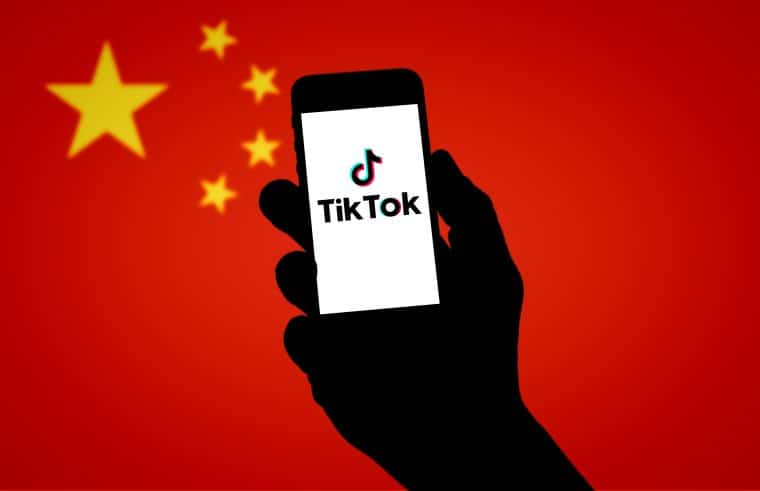
TikTok’s sister app Douyin, owned by ByteDance, has emerged as a significant platform for Chinese consumers to voice their grievances against corporations.
With over 730 million users by the end of 2022, Douyin has proven itself as a powerful medium to communicate subpar consumer experiences.
A user-friendly interface makes it particularly appealing to older or less tech-savvy users who can easily record and share videos about their dissatisfaction.
One interviewee, Bing, stated, “My parents know nothing about the internet, but they are able to record a short video with their phones and post it online.”
Chinese consumers strategically use naoda (to make a fuss over) to gain public visibility for their complaints, increasing the likelihood of a company’s response.
The Role of Social Media in Chinese Consumer Advocacy
In China, due to censorship of mainstream media, social media platforms like Sina Weibo and Douyin offer a relatively unrestricted space for consumers to express their discontent.
Liu, a consumer activist, explained how social media expedites the resolution of problems:
“Social media helps Chinese consumers resolve problems faster than other formal ways suggested by the government…Our problems are resolved much faster when we post these complaints on Sina Weibo.”
The History and Evolution of Consumer Activism in China
Consumer activism has deep roots in China, dating back to 1905 when urban middle-class citizens boycotted American goods in response to the Chinese Exclusion Act of 1882.
China’s economic reform in 1978 and the subsequent growth of the consumer market led to the establishment of the Chinese Consumers Association (CCA) in 1984.
However, the CCA’s ties to the government limit its ability to confront the state or initiate collective protests.
The rise of video social media platforms like Douyin and Kuaishou has provided Chinese consumers with new avenues for voicing their concerns and pressuring companies to address their grievances.
Qiang, a professional photographer, noted that Douyin videos are “more authentic than plain text and pictures on microblogging sites” and can serve as legal proof.
Tan, a graduate student, argued that online protests are more effective than offline efforts since they reach a wider audience and prompt companies to act promptly to protect their brand image.
Companies are actively monitoring Douyin for consumer complaints and addressing them as quickly as possible.
According to Kai, a brand manager, her PR company has a team dedicated to searching for consumer complaints on Douyin 24/7, making every effort to resolve issues and requesting the consumer to delete the video once the matter is settled.
In conclusion, Douyin has become an integral part of Chinese consumer culture, offering an unexpected yet powerful medium for consumer advocacy and corporate accountability.
What's the Best Crypto to Buy Now?
- B2C Listed the Top Rated Cryptocurrencies for 2023
- Get Early Access to Presales & Private Sales
- KYC Verified & Audited, Public Teams
- Most Voted for Tokens on CoinSniper
- Upcoming Listings on Exchanges, NFT Drops